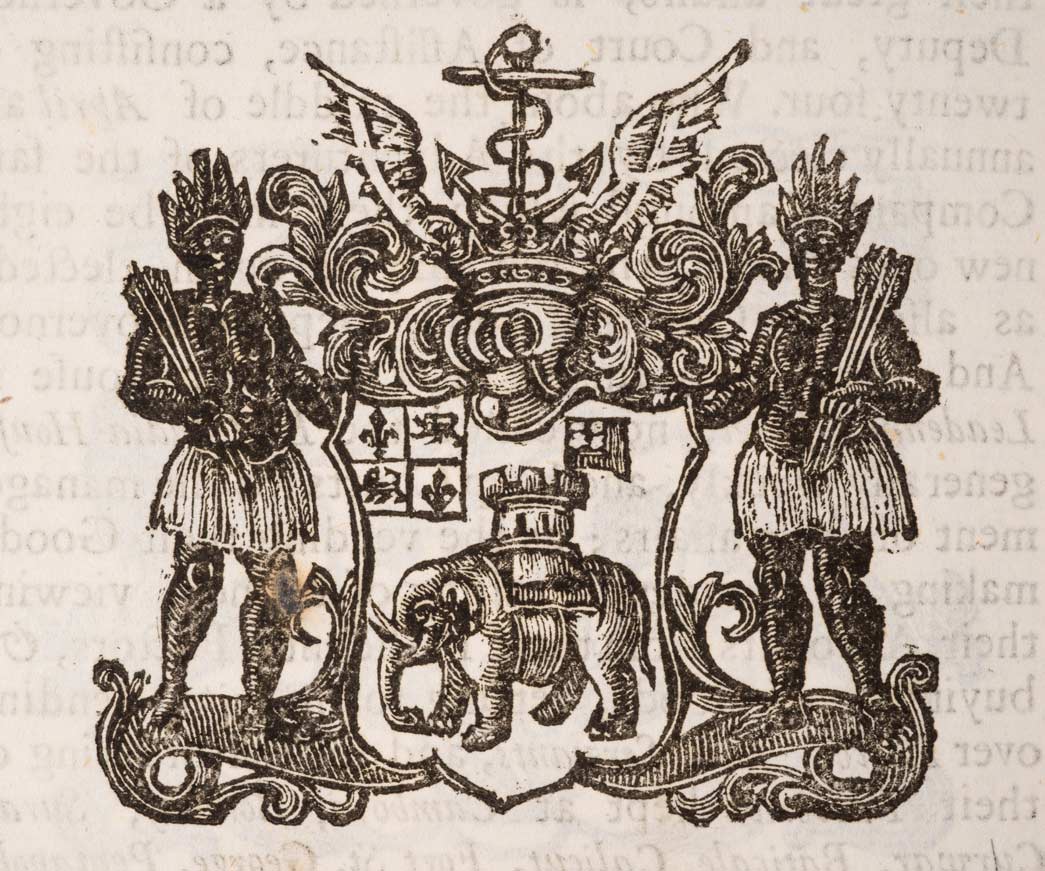
The Role of the Royal African Company in Slavery
The Royal African Company was started under the guise of the exploration of the African continent in the 16th century. The main purpose of the company was of course the transportation of gold and slaves. The Royal African Company had a monopoly over the transportation of slaves to the Caribbean because of the Navigation Act of 1660.
The Navigation Act of 1660, ensured that only English-owned ships could enter colonial ports. King Charles II first granted a charter to the Company of Royal Adventurers Trading to Africa which was led by the king’s younger brother James, the Duke of York (later King James II). This group had a monopoly on British trade with West Africa, including gold, silver and slaves. When war between England and Holland broke out it led to the demise of the original company and the company was quickly reorganized. It reemerged in 1672 with a new royal charter and a new name: the Royal African Company (RAC).

Between 1680 and 1686, the Company transported an average of 5,000 slaves a year. Between 1680 and 1688, it sponsored 249 voyages to Africa (pbs.org). Between the 1670s and 1680s, the Company delivered an estimated 90,000 to 100,000 slaves to British-held colonies.
In the beginning, the Royal African Company traded in gold before they started transporting slaves from the Gambia and Ghana. In 1698, however other companies began to challenge the monopoly of this Royal African Company because of all the money that could-be made. The RAC effectively lost its monopoly in 1689, after the Glorious Revolution toppled King James II in favor of William and Mary. Many of the people who had opposed the slave trade on moral grounds eventually conceded because the sugar plantations became very profitable for the merchants in the Caribbean. The RAC continued to engage in slave trading until 1731, when it switched to trafficking in gold dust and ivory. In 1752, Parliament dissolved the RAC and transferred all of its assets to the Company of Merchants Trading to Africa (history.com).
When the market for human trafficking and slavery was opened up to other British corporations in 1698 over 20,000 Africans were transported to the Caribbean and to North America. By the end of the 17th century, England led the world in human trafficking of African people. The royal family enjoyed many of the benefits of slave trade which eventually paved the way for the colonization of Africa.



